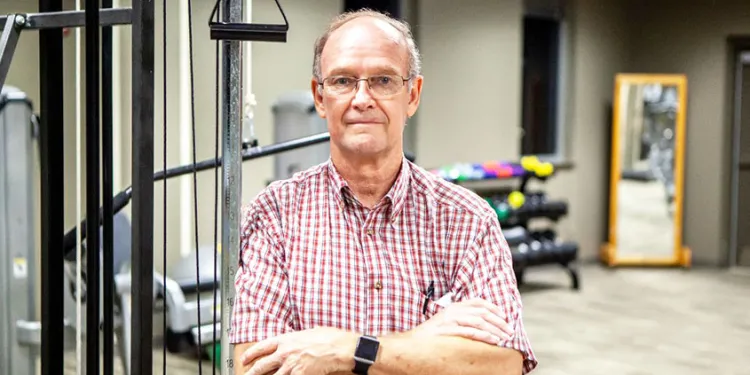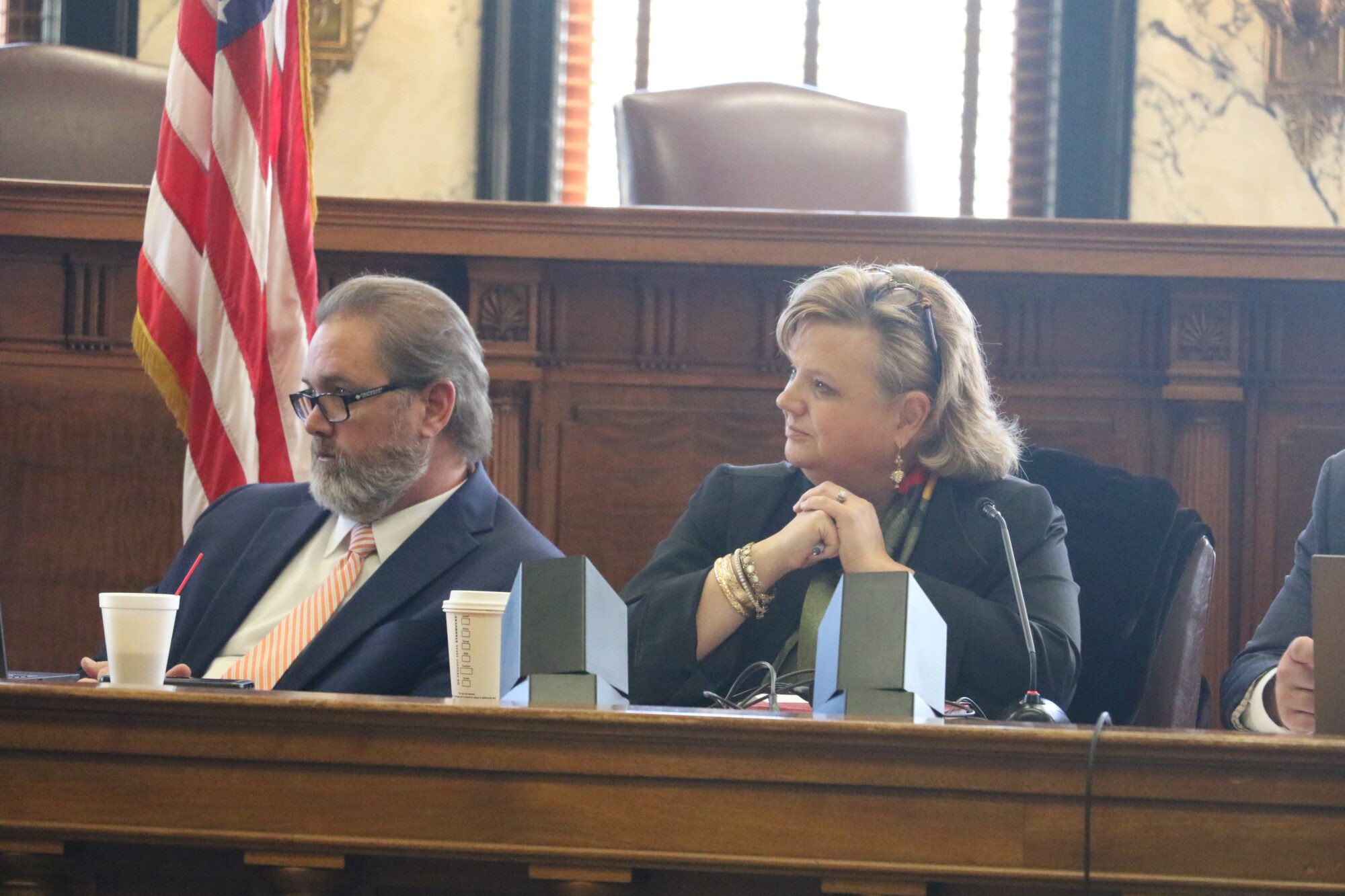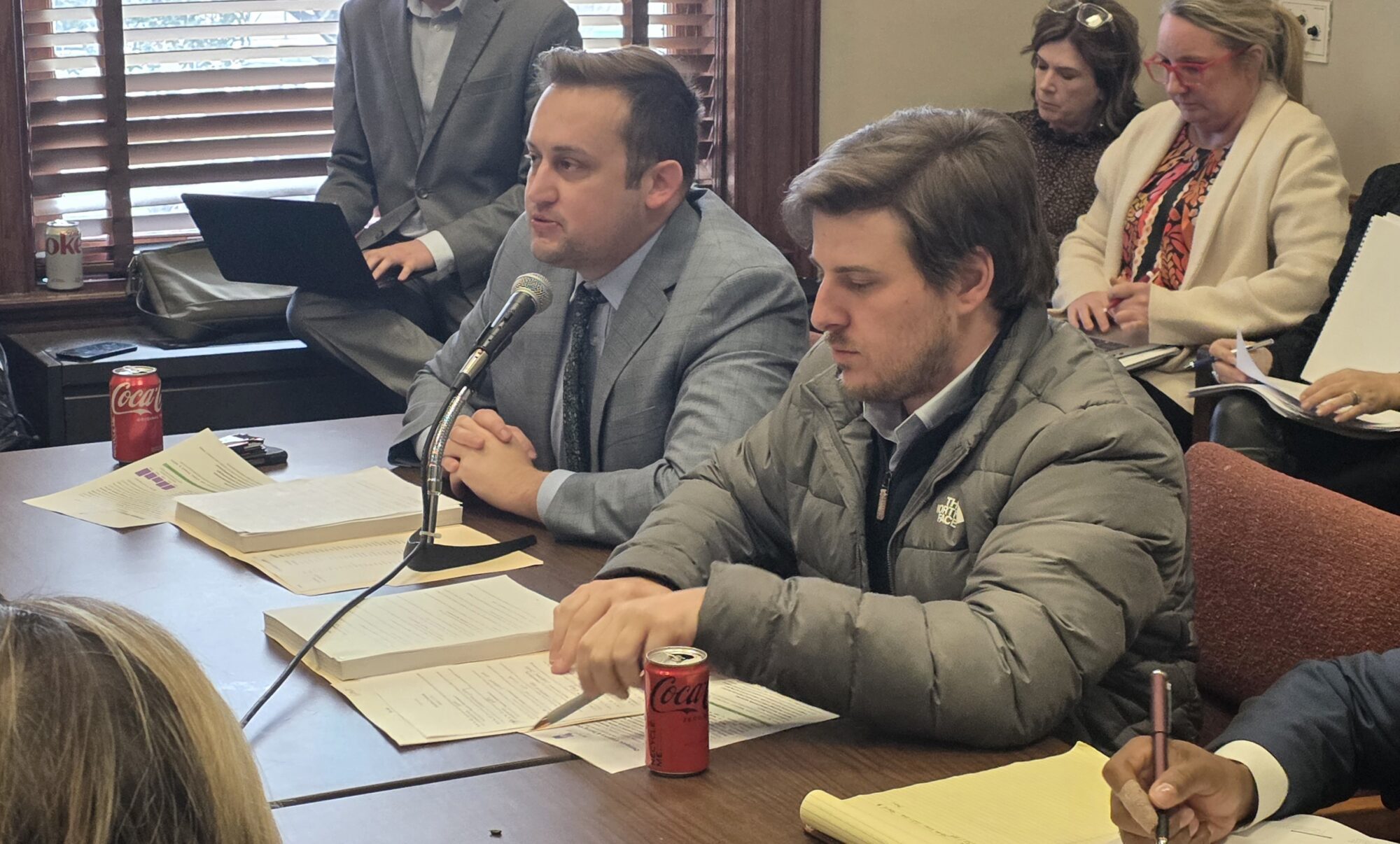A Ghost of Mississippi: The Willie Manning Capital Case
The cornerstone of the edifice of capital punishment in America — the building block upon which public support for the death penalty rests — is the accuracy of the result. Ask any pollster and she will tell you that the more convinced Americans are about the accuracy of a capital conviction, they more likely they are to support the execution of the condemned. Conversely, the more concerned Americans are about the reliability of capital cases, the less inclined they are to endorse the death penalty. The relevant question is not: “Did you get the right guy?” Instead it is: “Exactly how sure are you that you got the right guy?”
The answer to that question, in the case of Willie Jerome Manning of Mississippi, surely is: “Not very sure.” There is no physical evidence linking Manning to the 1992 murders of two Mississippi State University students. The “jailhouse informant” who once told trial jurors that Manning “confessed” to the crime, has since recanted, telling defense lawyers he thought he would receive “consideration” from prosecutors for incriminating Manning. And Mississippi officials now are refusing to test DNA and fingerprints found at the crime scene — evidence which did not directly incriminate Manning before, has never been tested using modern procedures, and which might definitely resolve the case one way or the other.
There is more. Although there was incriminating evidence against him at trial, Manning has always maintained his innocence. And jury selection during his 1994 trial — wherein a black man was accused of murdering two white people in the Deep South — was marked by the sort of racial attitudes over peremptory challenges that has since caused the United States Supreme Court, in Miller-El v. Dretke and Snyder v. Louisiana, to caution state lawyers about coming into appellate courts with “unreasonable” justifications for excluding black jurors from cases involving black defendants. Over and over again, Manning’s prosecutors excluded black jurors from his trial, sometimes for no other reason than that they read “black” magazines.
The Atlantic
5/2/13







